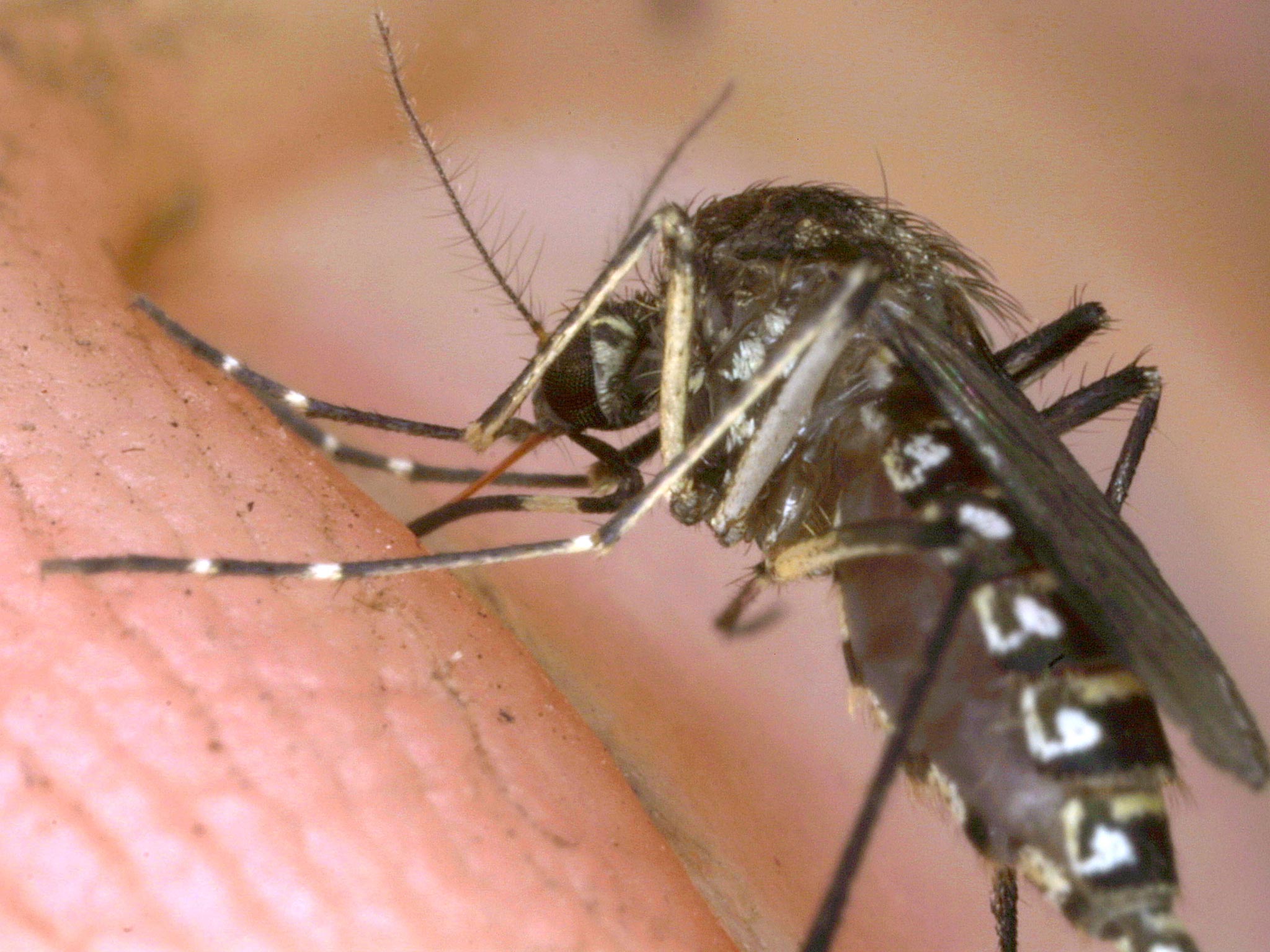Drug-resistant malaria threatens to spread to India causing global health crisis
Mutant genes that are resistant to a vital anti-malaria drug were found in the blood of people close to the India border

Your support helps us to tell the story
From reproductive rights to climate change to Big Tech, The Independent is on the ground when the story is developing. Whether it's investigating the financials of Elon Musk's pro-Trump PAC or producing our latest documentary, 'The A Word', which shines a light on the American women fighting for reproductive rights, we know how important it is to parse out the facts from the messaging.
At such a critical moment in US history, we need reporters on the ground. Your donation allows us to keep sending journalists to speak to both sides of the story.
The Independent is trusted by Americans across the entire political spectrum. And unlike many other quality news outlets, we choose not to lock Americans out of our reporting and analysis with paywalls. We believe quality journalism should be available to everyone, paid for by those who can afford it.
Your support makes all the difference.Drug-resistant malaria is spreading across Burma and has reached the Indian border, threatening to render conventional medicines redundant in the global fight against the disease.
Doctors are concerned that if not addressed the strain of malaria could spread throughout India and reach Africa, which accounts for 90 per cent of the world’s malaria cases, causing a major public health crisis.
In a study published in the Lancet journal, researchers discovered that resistance to artemisinin, a vital drug used to combat malaria, has extended from southern Burma after first being recorded in Cambodia.
“Myanmar is considered the frontline in the battle against artemisinin resistance as it forms a gateway for resistance to spread to the rest of the world,” says Dr Charles Woodrow from the Mahidol-Oxford Tropical Medicine Research Unit and lead author of the study.
Now drug-resistant K13 mutant genes from malarial parasites have been found in the blood of people with malaria in the north and east of Burma.
The mutant genes were also discovered in nearly half of the samples taken from people just 25km from the Indian border.
“The identification of the K13 markers of resistance has transformed our ability to monitor the spread and emergence of artemisinin resistance,” said Professor Philippe Guerin, director of the Worldwide Antimalarial Resistance Network and coauthor of the article.
“However, this study highlights that the pace at which artemisinin resistance is spreading or emerging is alarming. We need a more vigorous international effort to address this issue in border regions,” he added.
Professor Mike Turner, head of infection and immunobiology at the Wellcome Trust, said: “Drug-resistant malaria parasites in the 1960s originated in South-east Asia and from there spread through Myanmar to India, and then to the rest of the world where it killed millions of people.
"The new research shows that history is repeating itself with parasites resistant to artemisinin drugs, the mainstay of modern malaria treatment, now widespread in Myanmar. We are facing the imminent threat of resistance spreading into India, with thousands of lives at risk.”
Join our commenting forum
Join thought-provoking conversations, follow other Independent readers and see their replies
Comments